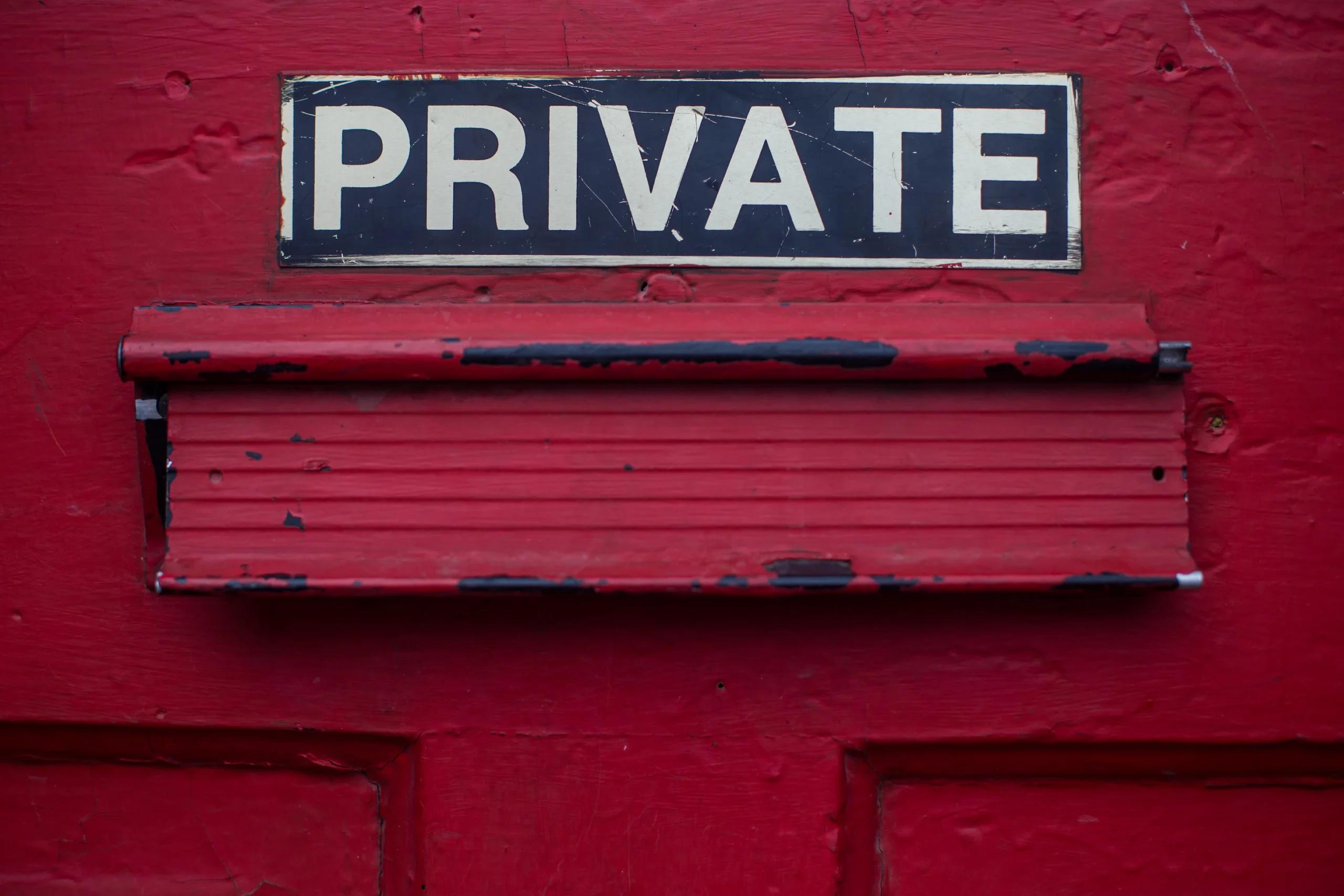Under the law currently—with some limited exceptions—copyright owners are required to deposit two physical copies of the best edition of works published in the United States at the U.S. Copyright Office for use in the Library of Congress, within three months of publication. The most notable exemption has been works that have only been published online and no physical copies were ever produced (unless it was a serial work); in 2010, the Copyright Office adopted this exemption as an interim rule. However, change might be in the air, given the continued popularity of digital formats.
In May of this year, the Office published a Notice of Inquiry and began seeking public comments on whether the interim rule should be extended or if these online-only works should be subject to mandatory deposits. The public would then have access to these works. It should come as no surprise that the Record Industry Association of America (RIAA), which has seen the music industry evolve tremendously because of the digital revolution and the subsequent boom of online piracy, submitted a comment questioning the benefits of mandatory deposits.
According to its filed brief, the RIAA’s main concern is the Library of Congress’s security features for the electronic collections, and what kind of restrictions would be put on users. It’s easy to understand why. A recent study found that 57 million Americans engaged in music piracy in 2015. Also, the Department of Justice recently took down Kickass Torrents, believed to be the most widely used piracy site in the world with 50 million unique visitors a month, and filed criminal copyright infringement charges against the site’s owner.
The RIAA described itself as a “strong supporters of the Library’s efforts to preserve the sound recordings that serve as the soundtrack of our modern lives.” It then discussed all the ways that it voluntarily participates in digital libraries and collections that make sound recordings available to the public, but it had concerns about the government forcing it to do so. “With respect to hard-to-find historical sound recordings our members have already shown themselves to be willing to advance the cause of digital preservation of sound recordings by means of voluntary agreements,” read the brief.
“With respect to newer, commercially available sound recordings, we agree with the Copyright Office that “many, if not most, published sound recordings are available not only via subscription services, but also for purchase and download.’”
The organization also believed that private agreements come with improved security arrangements that can be tailored for each work, and it found this preferable to the Library of Congress’s “one-size-fits-all” regulation. “If sound recordings available through the Library – whether on-premises or online (now or in the future) – were managed in a way that patrons could use those recordings for uploading to pirate web sites and unlicensed streaming services or if the Library’s collection of sound recordings were made electronically available to the public at large, that could have a devastating impact on our member companies’ revenues.” The RIAA also pointed out that even government servers have not been able to keep hackers out, reminding the Office that “hackers stole sensitive information on 19.7 million people who had been subjected to a government background check by the Office of Personnel Management and, in a related breach, hackers compromised the personnel data of 4.2 million federal employees.”

Where creative minds come together
Outside of security concerns, the RIAA argued that it already makes deposits regularly because it registers published works, including those that are online-only. The RIAA requested that the Office carefully consider whether it has an operation that can protect the works of RIAA members before it decides to add online-only works to the section on mandatory deposits.
(Please note that the mandatory deposit for the Library of Congress is not the same as the deposit requirement for copyright registration. Copies of the work that are submitted with registration are to identify what is being protected. The Library of Congress’s collection is for archival purposes. Also, copyright registration is completely optional. When copies are submitted as part of registration, though, this often satisfies the mandatory deposit requirement anyway.)
If you have any questions or concerns about the current mandatory deposit law for physical works, please contact the Fried Firm.



